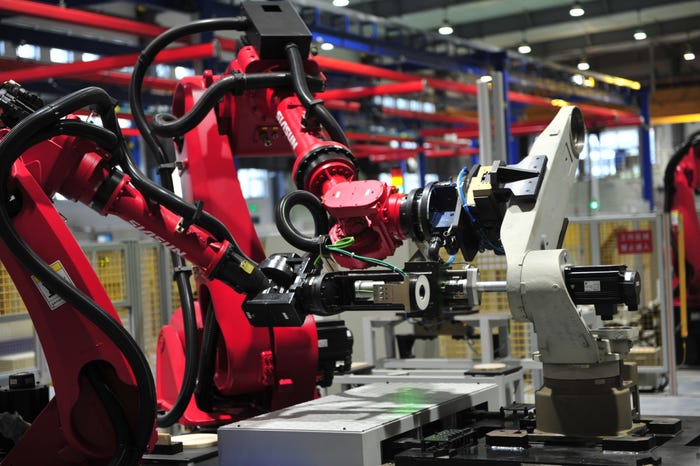The Role of Chatbots in Health Care ProvisionThe Role of Chatbots in Health Care Provision
Chatbots are available 27/7 and can help to alleviate the strain health care centres and pharmacies are experiencing daily while reducing costs

In today’s world, speed and convenience are everything. With everything right at customers’ fingertips, even the health care system is not spared from these demands. On top of that, reliability from health care providers is also crucial.
The future of patient communication is digital, and servicing a better health care experience through simple communication solutions will optimize efficiency and cut costs. Communicating with patients through a single omnichannel platform will remove frustration from patient wait times, reduce the number of missed appointments, and ultimately drive customer satisfaction.
When developed well, AI chatbots specifically can help to alleviate a lot of the strain health care centres and pharmacies are experiencing daily. They speed up query resolution by allowing patients to resolve basic queries on their own. With doctors and health care providers unable to be available 24/7, chatbots also open the opportunity for providers to assist patients at any time of the day, giving patients a sense of security and reliability. With most patients prefer to keep medical information private, chatbots also offer a non-human and non-judgmental solution for patients looking for assistance without divulging their identity.
Rule-based chatbots are one such great tool for easing the workload of front desk staff, providing 24/7 support for general queries, or managing and booking appointments. However, for health care communications, there still needs a human element to the conversation to set the patient at ease – which is something a basic rule-based chatbot can’t always offer. That’s where conversational AI-powered chatbots step in. By providing more complex and human use cases that can make the patient journey smooth and more comfortable, conversational AI uses a combination of natural language processing and machine learning to mimic human speech and offer patients a more natural experience with a chatbot.
However, chatbots are not without their challenges. While for most industries, it is much simpler to create and deploy a chatbot, the health care sector involves sensitive patient information that could prove detrimental if not managed with the proper care. Chatbots are only as intelligent as we train them to be, and particularly for the health care sector, there needs to be a specific approval process and clear safeguards in place for the usage of this type of technology to ensure AI chatbots can’t intervene without human supervision. It is also critical to establish workflows that these types of chatbots are developed to follow where items pertaining to highly sensitive topics are brought to the attention of humans for review and approval before sharing information with a patient.
Satisfaction does not just stop at the patients but will positively impact health care staff as well. By reducing professional’s workload and enabling them to spend more time with patients, and less time on manual tasks, health care workers can feel feeling more empowered day to day. Ultimately, the use of AI chatbots in health care will only continue to grow. In fact, we can continue to expect them to take over as a key tool in helping health care centres and pharmacies streamline processes and alleviate the workload on staff.
This article first appeared in IoT World Today's sister publication AI Business.
About the Author
You May Also Like








